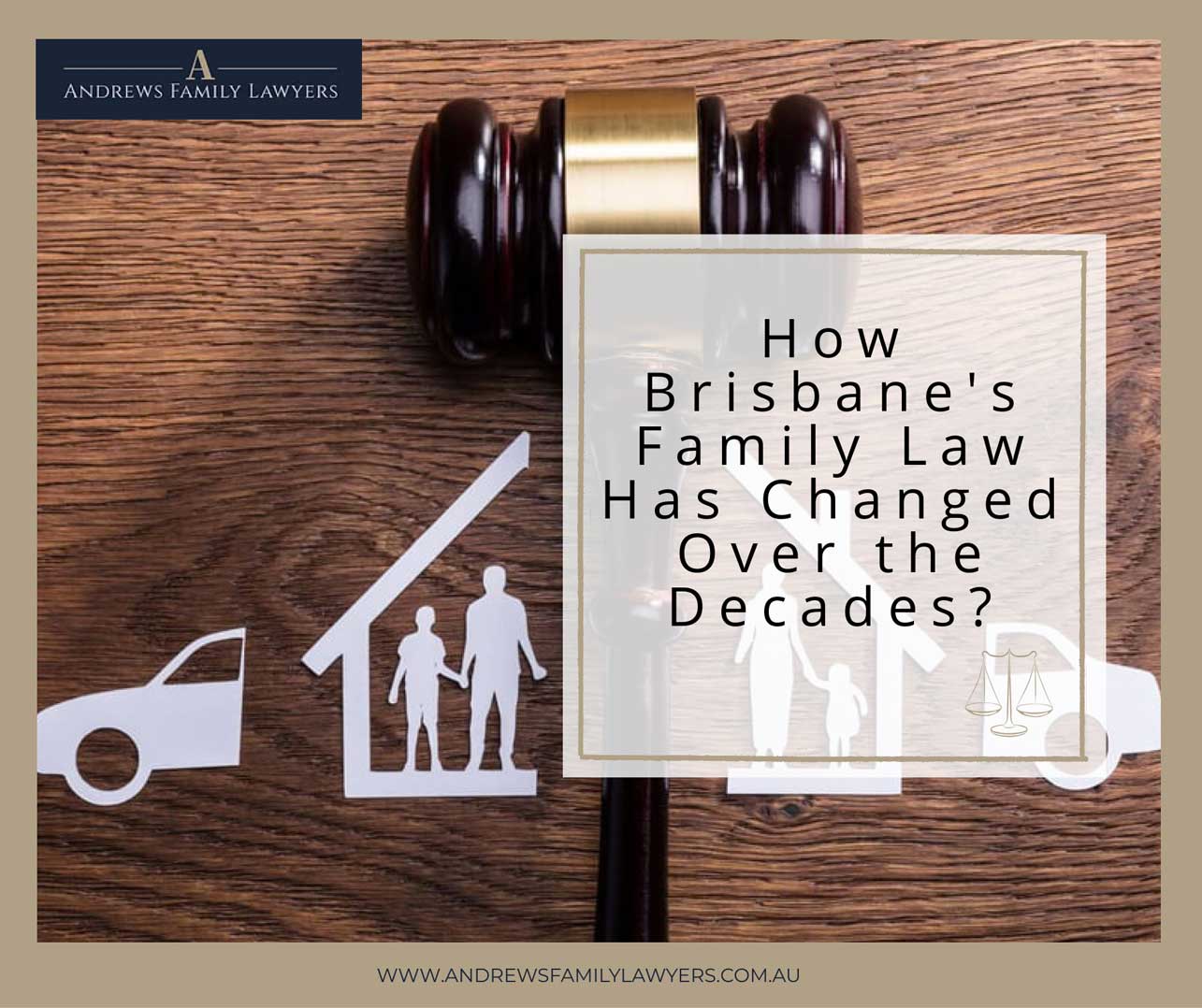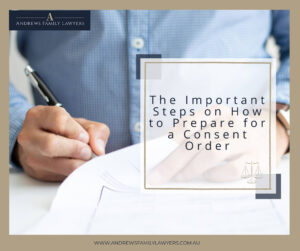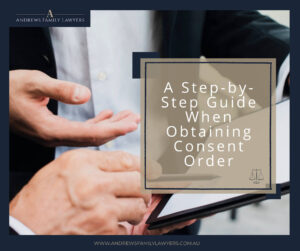Family law issues have undergone significant changes over the decades in Brisbane. In early colonial Australia, family law operated very differently from the present day. The article traces the evolution of divorce laws. It began with the stringent “at-fault” principle, requiring proof of misconduct like adultery. Then, there was the more liberal Matrimonial Clauses Act of 1857, which eased the process.
We look at the history of the family lawyer in Brisbane and the establishment of their governing body. We explore property settlements and child custody laws and how marriage influenced them. It’s also important to consider the progress of same-sex rights in Australia’s family law.
Key takeaways
Colonial Australia had difficulty keeping track of marriages.
Australia initially used fault-based divorce.
Eventually, civil courts were permitted to grant divorces.
The Queensland Law Society was founded in 1873.
Divorce in Australia remained fault-based until well into the 20th century.
The Family Law Act changed the law to no-fault divorce.
Early property settlements protected the father’s assets for their heirs.
Modern property settlements protect the interests of both parties.
Child custody historically distinguished between legitimate and illegitimate children.
The Family Law Act included a presumption of shared responsibility.
Same-sex relationships were decriminalised in Queensland in 1991.
Same-sex marriage was legalised in 2017.
Family Law in the 1800s
Marriage & Divorce in Colonial Australia
In the early years of Australia, the formalities surrounding marriage and divorce differed from today. Many first settlers lived together without formal marriage. Convicts, separated from their spouses, often entered new relationships or marriages. Divorce was a rarity and heavily skewed towards protecting a man’s assets for his heirs.
Divorce in Brisbane during this time operated under the “at-fault” principle. The Court required parties to prove issues like adultery had occurred before granting a divorce. This reflected the religious moralism underpinning family law.
It wasn’t until 1857 that England and Australia introduced the Matrimonial Clauses Act. This allowed for more accessible divorce proceedings, albeit still with significant gender biases. Under this legislation, civil courts in Brisbane were permitted to grant divorces.
Brisbane family lawyers
A vital aspect of the history of Brisbane family law solicitors can be traced back to 1873. The Queensland Law Society was formed at a meeting of 15 solicitors at the Brisbane Supreme Court. This association was the governing body for Queensland lawyers with three initial objectives:
Suppressing dishonourable conduct by law firms to protect the public;
Advising the legislature on law reforms;
Facilitating civil settlements about professional differences to preserve the public image of Queensland lawyers.

Brisbane Family Law and the Family Law Act
Brisbane family law underwent significant changes in the 20th Century. All family law matters were revisited and formalised.
Divorce
Divorce in Brisbane was a state issue for much of the 20th Century and maintained its “at-fault” status for most of the 1900s. In 1959, Attorney-General Sir Garfield Barwick introduced the Federal Matrimonial Clauses Bill. This provided 14 reasons Brisbane residents could get a divorce, including adultery, cruelty, and habitual drunkenness.
There was growing dissatisfaction with the fault-based system. Australia’s population was growing and diversifying. There was also a rise in de facto relationships. Many associations began to call for reform. Brisbane family lawyers pushed for marriage to be seen as a contractual arrangement. They felt both parties should be able to dissolve the marriage freely.
In 1975, no-fault divorce was introduced through the Family Law Act. The only reason needed for a divorce was now a marriage’s irretrievable breakdown.

Property settlements
Originally, divorce preserved the man’s assets for his heirs. Well into the 1900s, women were underrepresented in full-time employment, which put them at a financial disadvantage to their spouses. Concerns came with the introduction of no-fault divorce. Feminist groups were concerned women would be overly impacted if men could more easily move from marriage to marriage.
The Family Law Act provided a mechanism to recognise a less financially stable party. It prioritised each spouse’s contributions and future needs. In 2009, de facto couples in Brisbane were given the same rights as married couples in settling property matters.

Child custody
Child custody in the 19th Century and much of the 20th Century was influenced by the role of marriage in society. Legislators wanted to preserve marriage as the foundation of society and patrilineal inheritance. The rise of de facto relationships and children born out of wedlock (illegitimate children) were cause for concern. Custody rules in Queensland gave custody of illegitimate children to mothers and legitimate children to fathers.
However, the Family Law Act’s enshrinement centred on a presumption of shared responsibility. A new amendment to the Family Law Act will remove this presumption and prioritise a child’s best interests. It will be effective as of May 2024.

Same-sex relationships
Same-sex relationships have faced discrimination for a significant portion of Australia’s history. The Family Law Act provided same-sex relationships with property and parenting rights as de facto couples. Male homosexuality was finally decriminalised in Brisbane in 1991. It was decriminalised Australia-wide by 1997.
The final significant development in same-sex rights came in 2017. The Australian Parliament legalised same-sex marriage, breaking down the last major barriers to full same-sex rights.

Conclusion
Family law lawyers have a long history in Brisbane. Family law services have undergone significant changes over the decades. Divorces have progressed from a fault-based system to the modern no-fault arrangement. The evolving view of marriage in society also affected property and parenting matters.
Contact our family law team today if you need an accredited family law specialist in Brisbane. Our experienced family lawyers can advise you on the family law process. Work with a Brisbane family law firm that puts your needs first.




